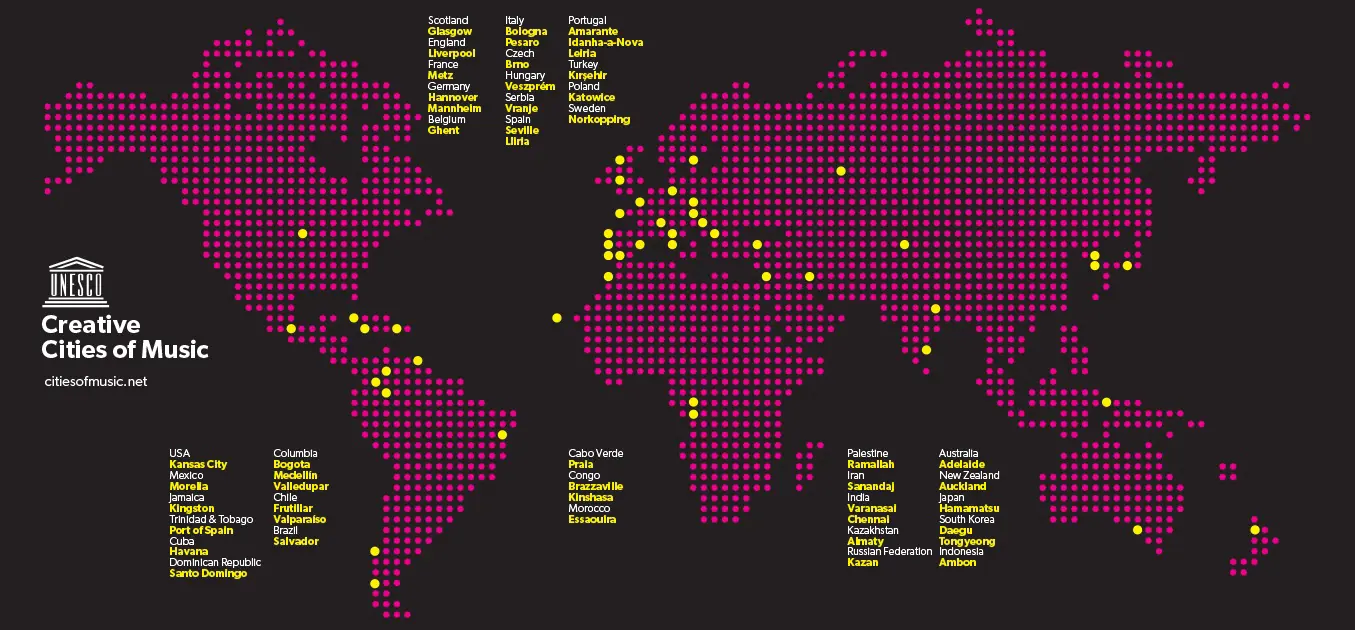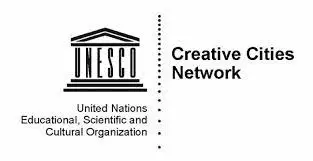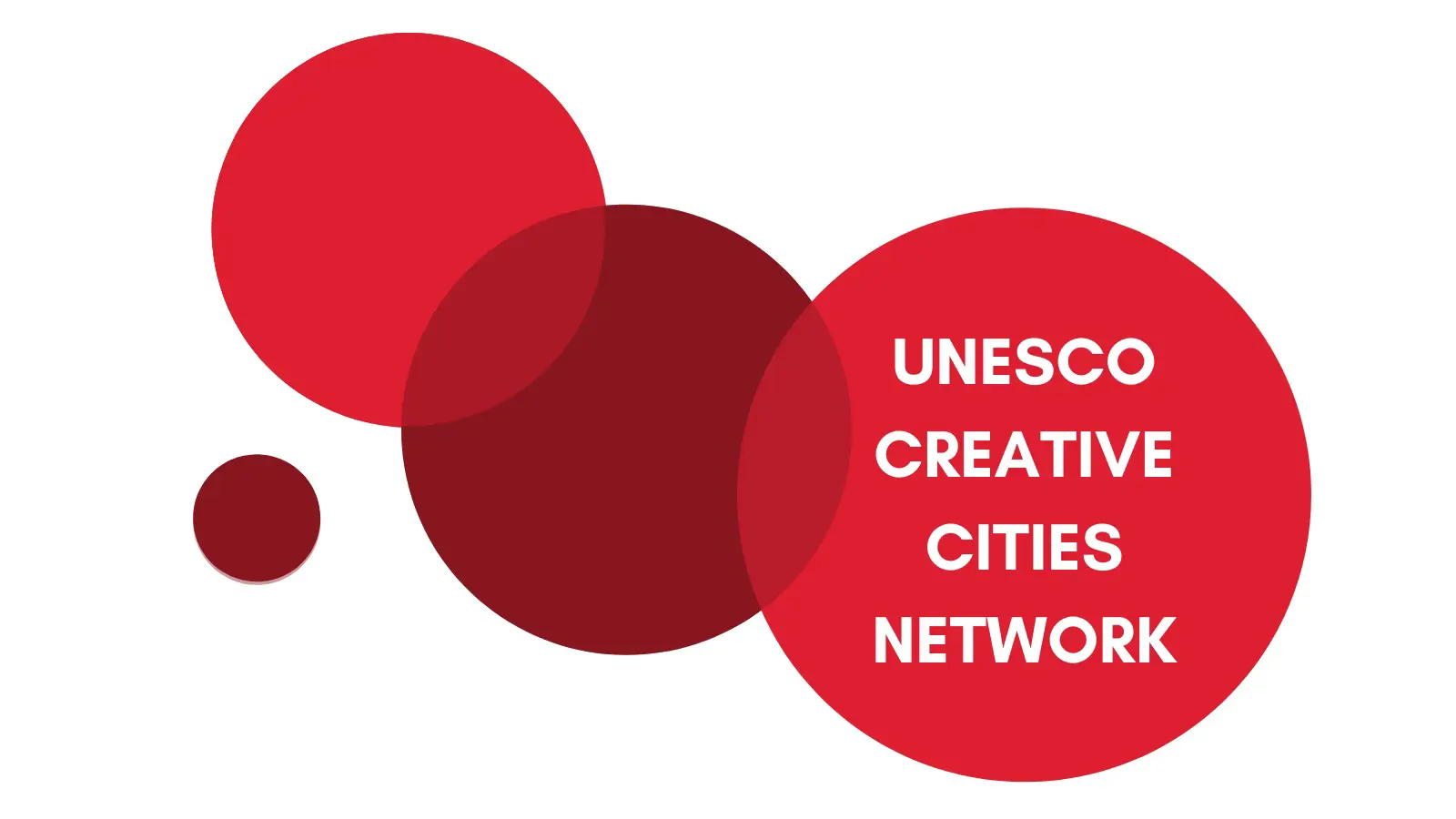Creative Cities in Music
City of Music (UNESCO)

UNESCO's City of Music programme is part of the wider Creative Cities Network.
The Network launched in 2004, and has member cities in seven creative fields. The other fields are: Crafts and Folk Art, Design, Film, Gastronomy, Literature, and Media Arts.
Criteria for Cities of Music
To be approved as a City of Music, cities need to meet a number of criteria set by UNESCO
Designated UNESCO Cities of Music share similar characteristics:
- recognised centres of musical creation and activity
- experience in hosting music festivals and events at a national or international level
- promotion of the music industry in all its forms
- music schools, conservatories, academies, and higher education institutions specialised in music
- informal structures for music education, including amateur choirs and orchestras
- domestic or international platforms dedicated to particular generes of music and/or music from other countries
- cultural spaces suited for practicing and listening to music, e.g. open-air auditoriums
As of 2021, fifty Cities of Music have been designated by UNESCO. Nineteen of the participating cities are European, ten are Asian and Middle Eastern. South America and North America each have six, Africa has four, and two have been designated in Oceania. Seven countries have two member cities. Colombia, Portugal, and the United Kingdom are the only countries to have three designated cities.
The 61 cities which currently make up this network work together towards a common objective: placing creativity and cultural industries at the heart of their development plans at the local level and cooperating actively at the international level.By joining the Network, cities commit to sharing their best practices and developing partnerships involving the public and private sectors as well as civil society in order to:
- strengthen the creation, production, distribution and dissemination of cultural activities, goods and services;
- develop hubs of creativity and innovation and broaden opportunities for creators and professionals in the cultural sector;
- improve access to and participation in cultural life, in particular for marginalized or vulnerable groups and individuals;
- fully integrate culture and creativity into sustainable development plans.
The Creative Cities Network is a privileged partner of UNESCO, not only as a platform for reflection on the role of creativity as a lever for sustainable development but also as a breeding ground of action and innovation, notably for the implementation of the 2030 Agenda for Sustainable Development.




